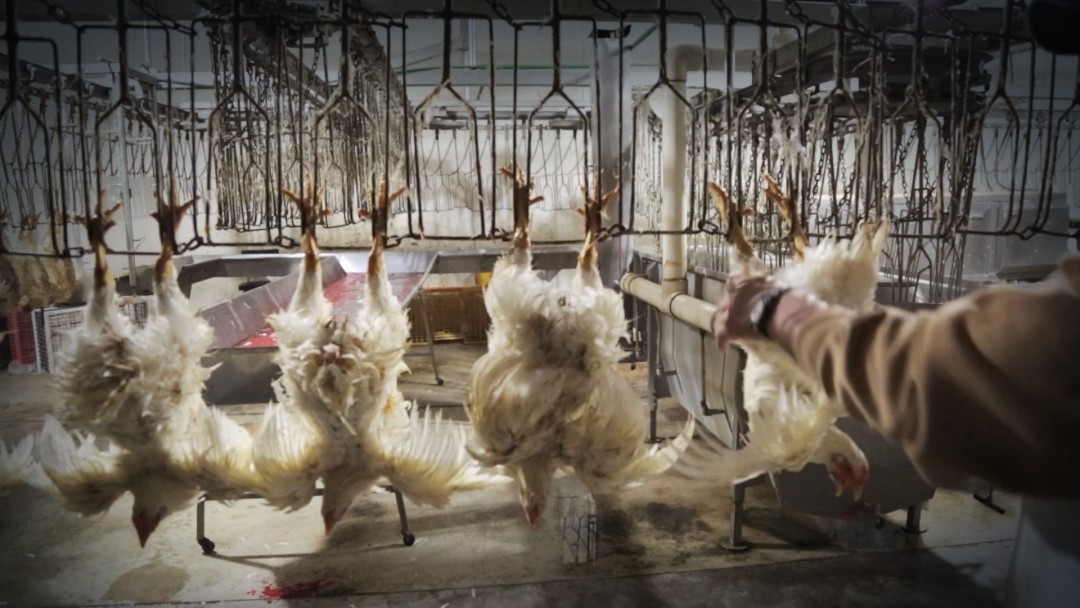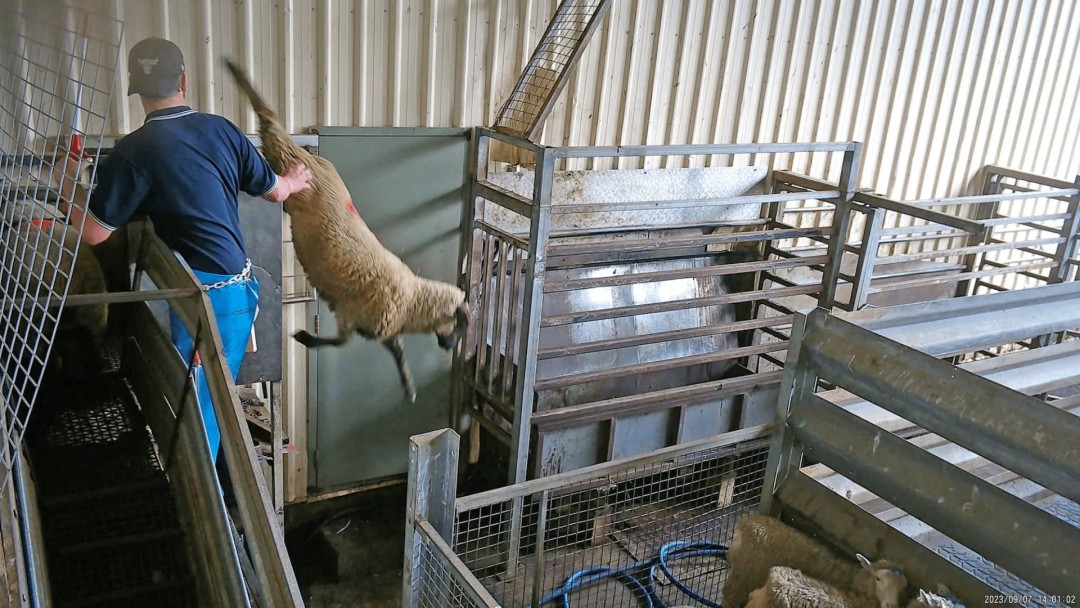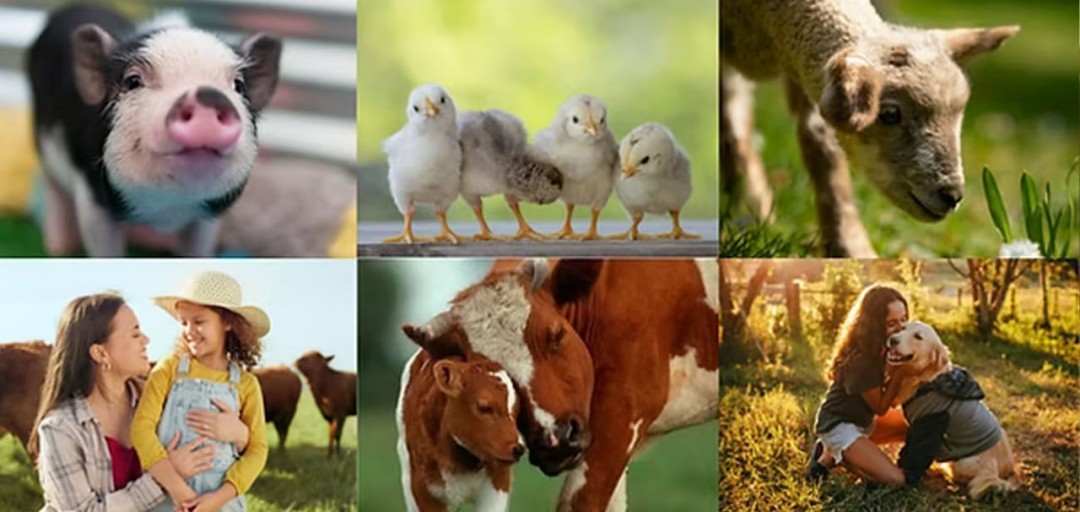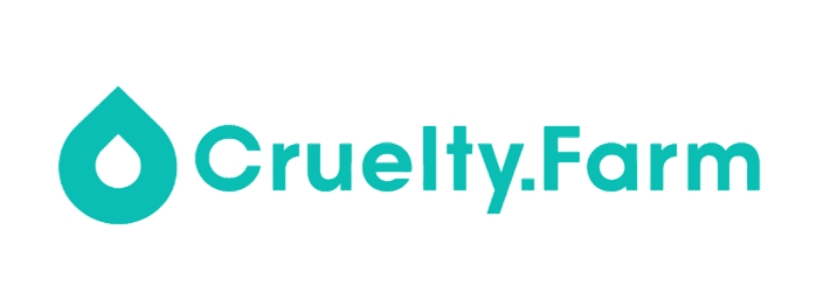As humanity faces interconnected crises—climate change, pandemics, food insecurity, and ecological collapse—evidence continues to mount against one of the most destructive industries on Earth: factory farming. Behind supermarket shelves and fast-food counters lies an invisible empire of mass suffering and environmental degradation. Now, the advocacy platform Cruelty.farm is calling on global citizens, policymakers, and institutions to confront the truth about industrial animal agriculture—and to embrace plant-based change as a critical step forward.

Unseen Cruelty: What Factory Farming Means for Animals
Factory farming subjects animals to lives of confinement, mutilation, and deprivation. Over 92 billion land animals are raised and killed for food each year—99% of them in intensive factory farms. They are often denied space to move, never see daylight, and endure extreme stress, pain, and psychological trauma.
Chickens bred for meat suffer from rapid growth that causes skeletal deformities. Dairy cows are artificially inseminated repeatedly and separated from their calves within hours of birth. Pigs are confined to gestation crates so small they can’t turn around.
These conditions are not anomalies—they are industry norms.
Explore the reality: For Animals – Cruelty.farm
Ecological Destruction: Animal Agriculture and the Planet
Factory farming is a primary driver of environmental collapse, yet it remains one of the most overlooked threats. Consider the following:
-
77% of global agricultural land is used for livestock and feed, but provides just 18% of the world’s calories.
-
80% of deforestation in the Amazon is caused by cattle ranching.
-
Producing just 1 kg of beef requires around 15,000 liters of water.
-
Animal agriculture generates more greenhouse gas emissions than the entire global transportation sector.
-
37% of human-induced methane emissions come from livestock—methane being 80 times more potent than CO₂.
From toxic runoff contaminating rivers to habitat destruction driving extinction, factory farming’s environmental impact is staggering.
Learn more: For the Environment – Cruelty.farm
Human Health: The Hidden Cost of Meat and Dairy
The dangers of factory farming extend far beyond animals and ecosystems. The industry also contributes directly to human suffering:
-
80% of global antibiotics are used on farmed animals, creating antibiotic-resistant “superbugs.”
-
Zoonotic diseases like swine flu and bird flu often originate in factory farms, making pandemics more likely.
-
Diets high in processed and red meat are linked to cancer, diabetes, heart disease, and obesity.
-
Slaughterhouse workers face high rates of injury, PTSD, and exploitation, often in underregulated, dangerous conditions.
The consequences are clear: factory farming is a direct threat to public health.
Find the full picture: For Humans – Cruelty.farm

Why Go Plant-Based? The Powerful Case for Change
Faced with this overwhelming evidence, the solution becomes clear: transitioning to a plant-based diet is one of the most impactful decisions an individual can make.
Plant-based eating:
-
Reduces your carbon footprint by up to 73%.
-
Frees up land—75% of farmland could be rewilded if the world stopped eating animals.
-
Conserves water and biodiversity.
-
Eliminates complicity in animal suffering.
-
Lowers risk of major chronic diseases.
Contrary to common myths, plant-based diets can meet all nutritional needs and offer a path toward a more just, sustainable food system.
Explore the reasons to make the change: Why Go Plant-Based – Cruelty.farm

From Awareness to Action: What You Can Do
Cruelty.farm invites everyone—whether just learning about these issues or already taking steps—to take meaningful action today. The platform offers:
-
Practical guides to shifting toward plant-based diets
-
Vegan meal planning and nutrition support
-
Tips for effective advocacy and myth-busting
-
Campaigns targeting policy reform and corporate accountability
Get involved now: Take Action Now – Cruelty.farm
Final Word
“Factory farming is not just an animal issue. It’s a human issue. It’s a climate issue. It’s a public health issue. We cannot claim to care about justice, sustainability, or the future of our planet while turning a blind eye to one of the most destructive systems we support every day. The time to act is now—and going plant-based is one of the most powerful tools we have.”
Media Contact
Company Name: Humane Foundation
Contact Person: Ali Roghani
Email: Send Email
Address:27 Old Gloucester Street
City: London
State: England
Country: United Kingdom
Website: https://cruelty.farm/

